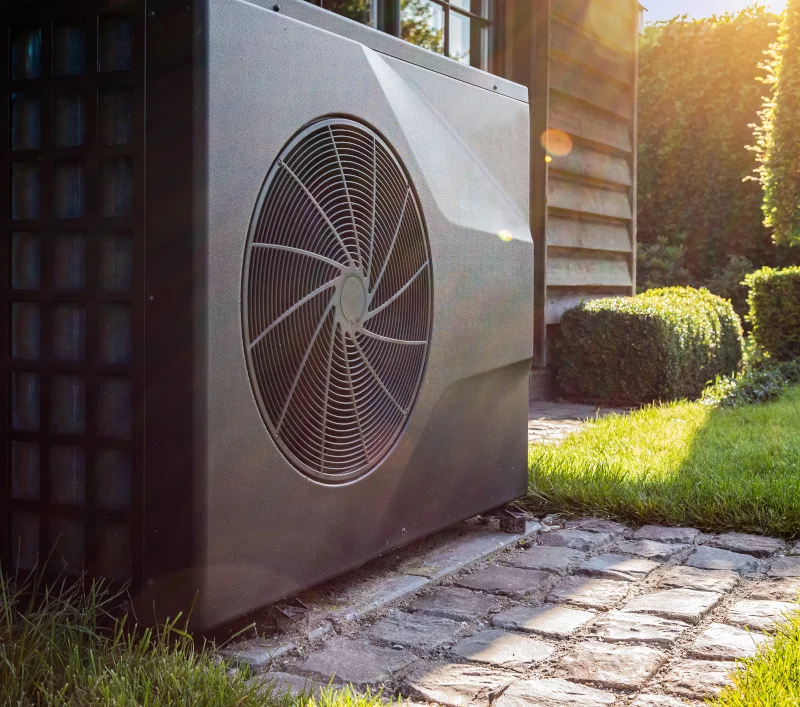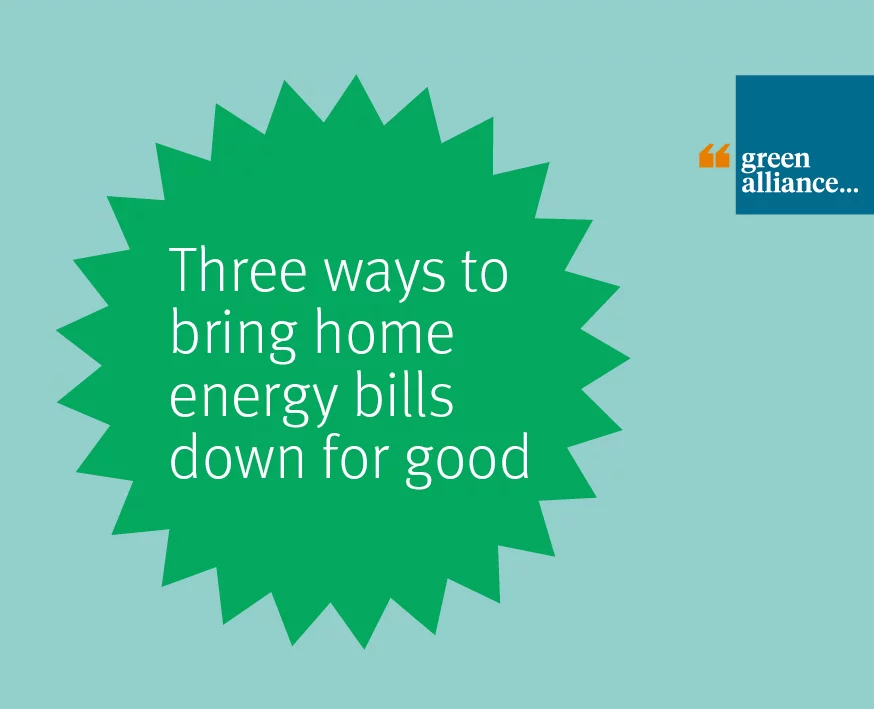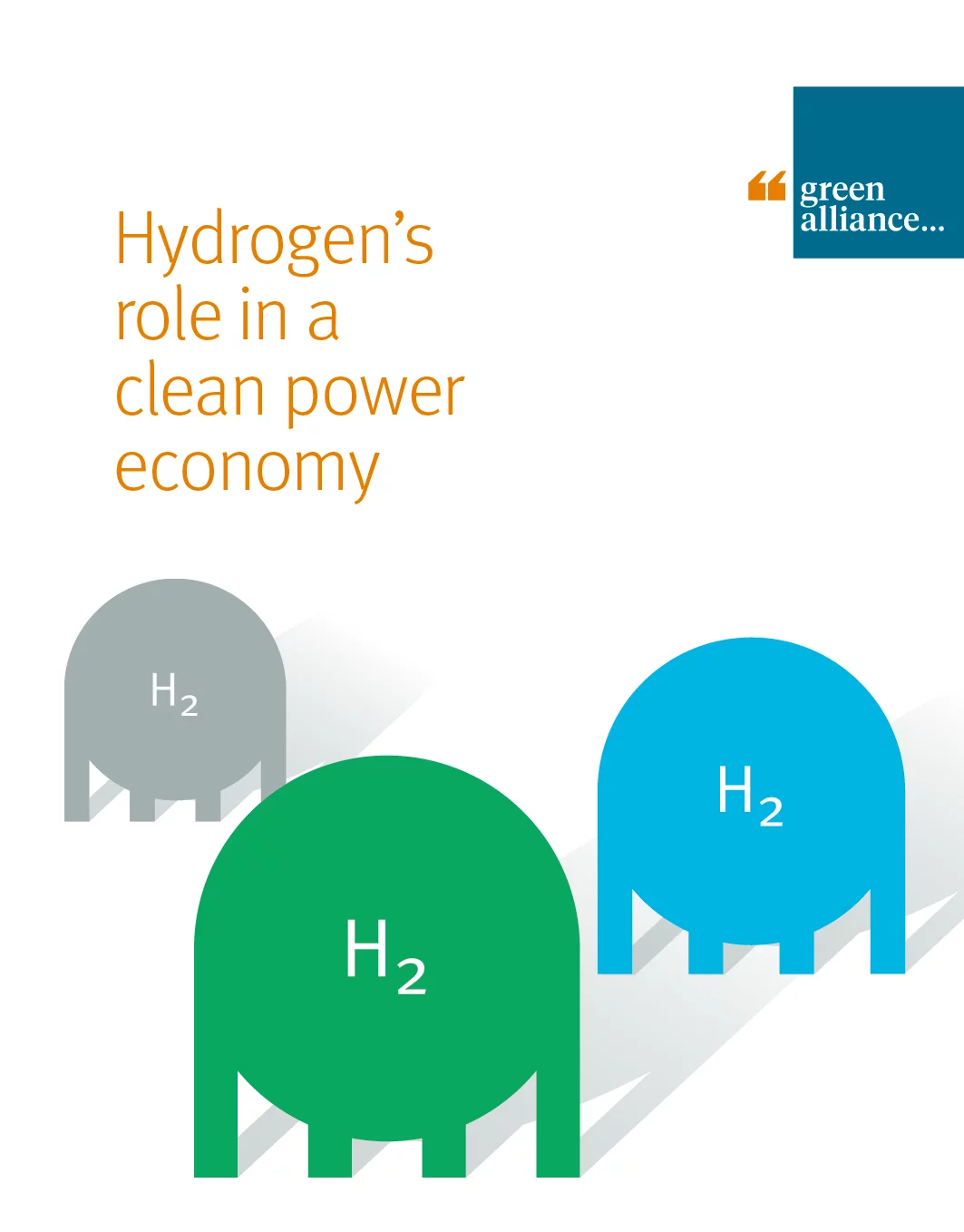Summary
Clean hydrogen is widely regarded as a climate solution, since burning it for energy doesn’t produce carbon dioxide. But hydrogen itself is an indirect greenhouse gas. This means that if it leaks accidentally, or is intentionally vented for safety reasons, it enters the atmosphere and has a significant warming effect. This will undo some of the potential climate benefits of a switch to hydrogen. Some end uses such as domestic heating and surface transport have particularly high risks of leakage.
This briefing sets out:
- The risks of hydrogen leakage and how hydrogen acts as a short lived climate pollutant
- How different potential end uses of hydrogen may have higher or lower risks of leakage
- The possible costs and climate impacts of blending hydrogen into the existing gas network
Liam Hardy, policy analyst, lhardy@green-alliance.org.uk


